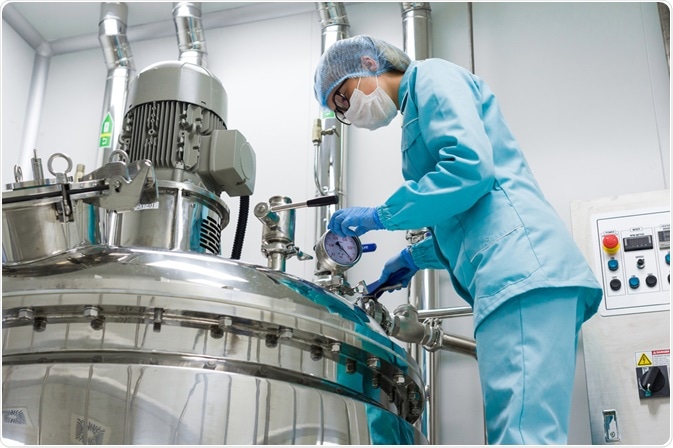In the vast realm of industrial chemistry, numerous chemicals play pivotal roles in shaping our modern world. However, one chemical stands out as the unsung hero, quietly powering countless industries and driving innovation. In this blog post, we will delve into the depths of this chemical, exploring its properties, applications, and the reasons behind its global dominance. Join us on this journey as we uncover the secrets of the most widely used industrial chemical in the world.
Section 1: Unveiling the Chemical's Identity
The chemical we are referring to is none other than sulfuric acid (H2SO4). Renowned for its versatility and potency, sulfuric acid has earned its place as the backbone of the chemical industry. Its widespread usage can be attributed to its unique properties and the diverse range of applications it offers.
Section 2: Properties and Production
Sulfuric acid is a highly corrosive and dense liquid, with a molecular formula of H2SO4. It is colorless, odorless, and has a high boiling point, making it suitable for various industrial processes. The production of sulfuric acid involves the contact process, which utilizes sulfur dioxide (SO2) as a starting material. This process ensures high purity and efficiency, meeting the demands of industries worldwide.
Section 3: Industrial Applications
3.1. Chemical Manufacturing: Sulfuric acid serves as a vital component in the production of numerous chemicals, including fertilizers, dyes, detergents, and pharmaceuticals. Its acidic nature allows it to act as a catalyst or reactant in various chemical reactions, enabling the synthesis of essential compounds.
3.2. Metal Processing: The mining and metallurgical industries heavily rely on sulfuric acid for ore processing, metal extraction, and purification. It facilitates the leaching of metals from ores, such as copper and zinc, and plays a crucial role in the production of batteries, stainless steel, and other metal-based products.
3.3. Petroleum Refining: Sulfuric acid finds application in petroleum refining, where it is used for the alkylation process. This process converts low-value hydrocarbons into high-octane gasoline components, enhancing fuel efficiency and performance.
3.4. Wastewater Treatment: With its strong acidic properties, sulfuric acid plays a vital role in neutralizing alkaline wastewater and adjusting pH levels. It aids in the removal of heavy metals and other contaminants, ensuring the safe disposal or reuse of wastewater.
Section 4: Environmental and Safety Considerations
While sulfuric acid offers immense benefits, its handling and disposal require careful attention. Due to its corrosive nature, proper safety measures must be implemented to protect workers and the environment. Additionally, the responsible management of sulfuric acid waste is crucial to prevent pollution and minimize its impact on ecosystems.
Conclusion:
In conclusion, sulfuric acid stands tall as the most widely used industrial chemical globally, owing to its exceptional properties and extensive applications. From chemical manufacturing to metal processing, petroleum refining to wastewater treatment, its versatility knows no bounds. As we appreciate the vital role of this unsung hero, let us also remember the importance of responsible usage and management to ensure a sustainable future.
